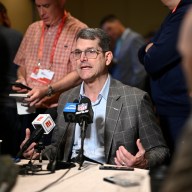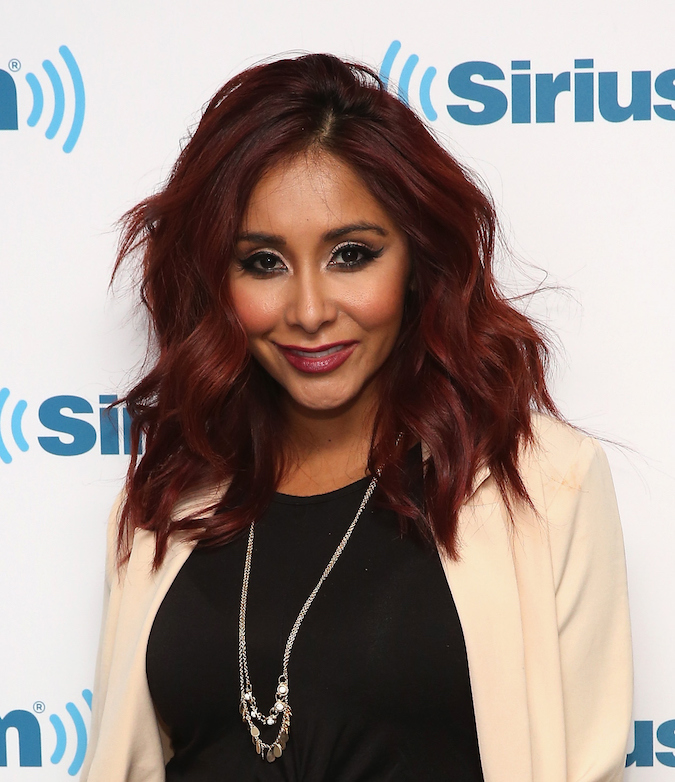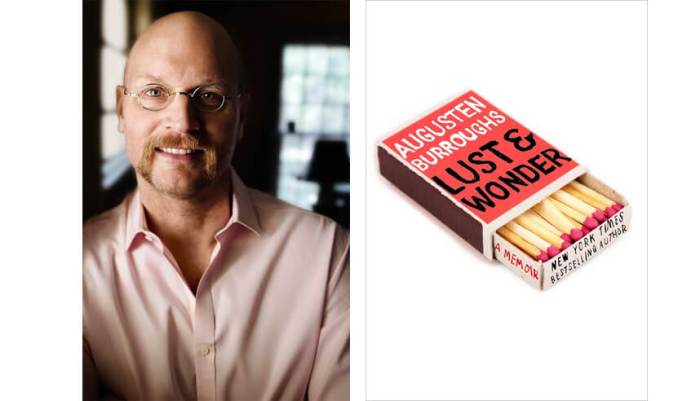Tiesto, David Guetta and Calvin Harris make between $350,000 and $400,000 per gig. Some say it takes hard work and mastering complicated machinery to reach that level. Others point to photos of celebrities like Joe Jonas DJing popular clubs claiming all it takes is pressing play on a laptop and fiddling with the volume. So, how hard is it? Related: Kaskade on ‘Automatic’ and the paradox of EDM What is DJing “There’s a myth that you have to be a professional musician to make music for yourself. You absolutely don’t. … What Instagram has done for photography, [modern equipment] has done for DJing,” Maurice says. Related: Alesso on ‘Heroes (We Could Be)’ and how you know you have a hit song No longer just a boy’s game
While the number of female DJs playing big music festivals is only at 13 percentaccording to Vice, more female DJs are making up the amateur space; Maurice says women make up most of his current DJ classes, about a 60 to 40 split. “DJing used to be pretty technical, which maybe isn’t as appealing to girls as it is guys,” he says. “They maybe didn’t want to lug heavy equipment and records around.” DJ Krunk Pony, real name Tiffany Pilgrim, who is 31, has been DJing in NYC for 14 years and agrees it’s no longer a boy’s game.“At a lot of places I DJ now, I’m the only person who isn’t a model first and a DJ second,”she says. “I totally respect their game. They still have to be dependable and entertain people.” How much you can make
Investing in the equipment can be pricey. Being a paid DJ typically requires a laptop, software (starting at $99) and a controller (about $250). But sticking with it could pay off. For those so in love with getting the party started, there is a career to be made from spinng. “A lot of bars pay DJs 10 percent of what they make and once you break a barrier, say $3000, you make 15 percent,” says Pony, who actually charges by the hour, between $50 and $75. But the amount can vary and some popular NYC clubs pay between $500 and $1000 a night. Maurice says the only thing that separates professional DJs that make the big bucks from amateurs is popularity. “You used to have to be pretty hands on with vinyl and turntables. Today DJing software does the work for you, you can pretty much figure it out yourself,” he says. You can preprogram a lot of these things that you would have to do on the fly back in the day.” The love versus the struggle The formula for making the perfect party playlist Follow Emily on Twitter: @EmLaurence
“A DJ is someone who plays other people’s music, so even making a playlist is DJing,” says David Maurice, co-founder of Manhattan’s newly opened DJ school, The Foxgrove, where students learn things like how to create mashups, speed up and slow down slongs, and add drumbeats using a computer and Serato controller.
Ultimately, Pony says is all comes down to passion.”If you want to be a DJ, there are a lot of different outlets and you’ll find a way. … [When I first started], I loved the music and how I felt DJing so much that I knew it was what I wanted and [that feeling] drove me to pursue it.”
Pony and Maurice both say that the most critical part of DJing is knowing what to play and when to play it, really knowing how to read a crowd. Pony’s advice for making a killer party playlist: “Make 80 percent of it songs you know [the crowd] will love and make the other 20 percent songs they don’t know, but you think they’ll love.”

















